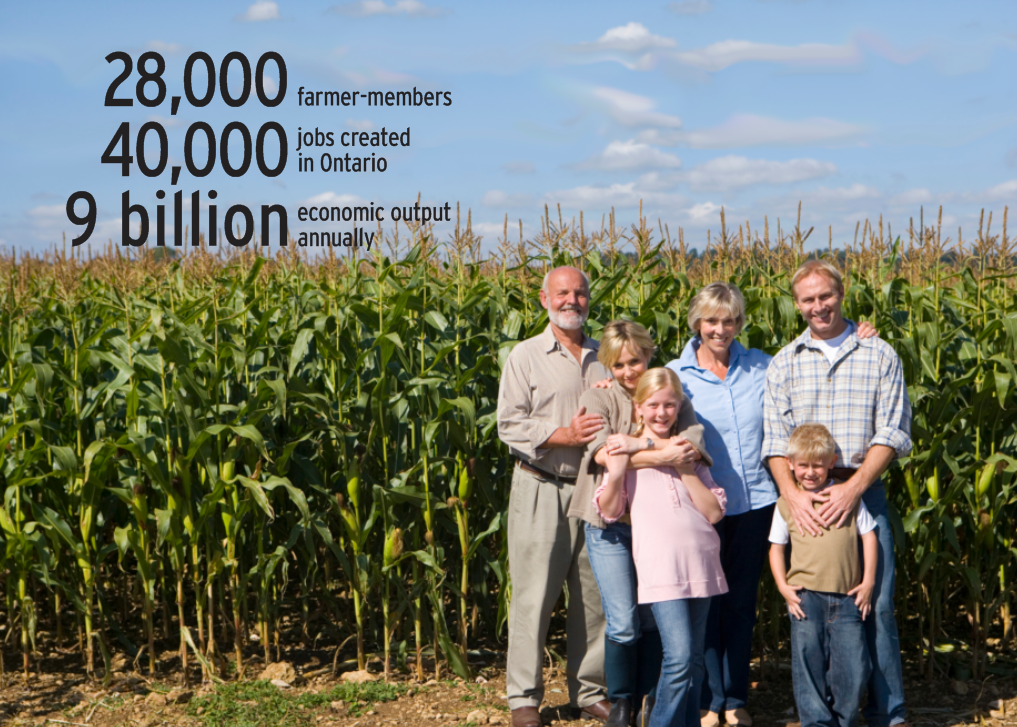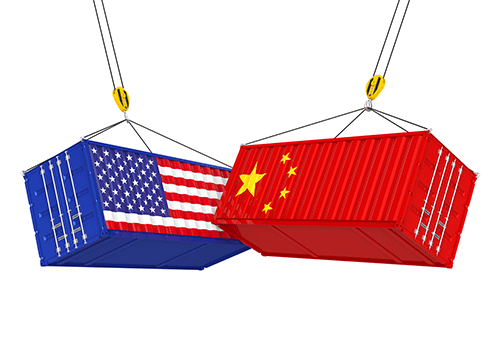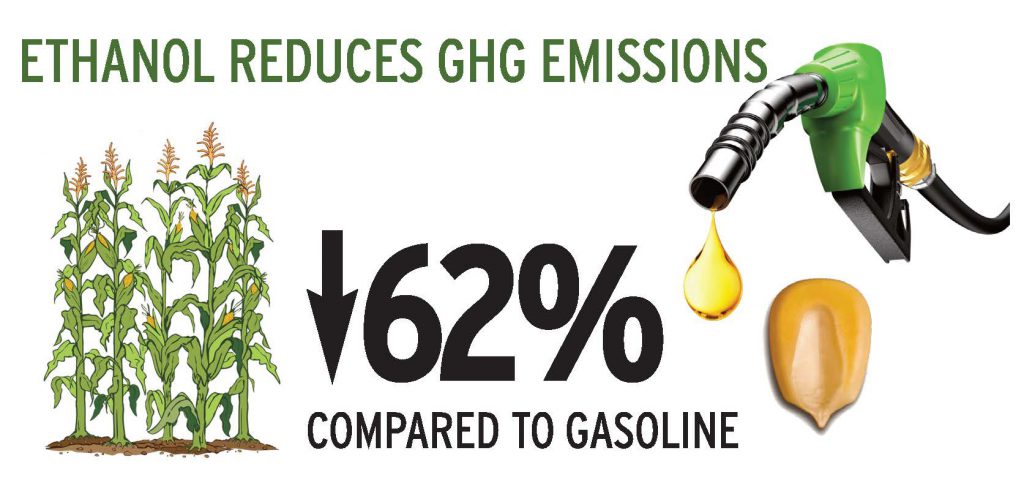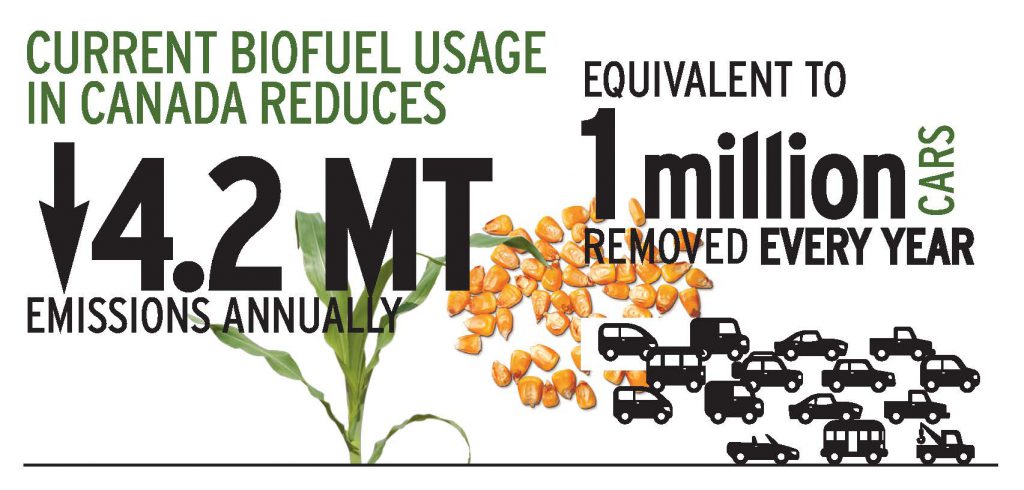Putting Agriculture on the Election Agenda
Growth Priorities
Our goal is to ensure the economic sustainability of agriculture and maintain the necessary products and benefits it supplies.

We are asking federal candidates to commit to :
A Trade War Fund to support farmers in non-supply managed sectors
- A Trade War Fund for grain and oilseed farmers who are suffering from global trade disputes and competition with U.S. and Canadian farmers, who are receiving government bailouts.
- Implement long-term business risk management programming that shields Ontario grain farmers from price fluctuations beyond their control.
Defend markets and find new markets for grains and oilseeds
- Normalize commercial relationships with China
- Defend and invest in domestic processing and international grain markets
- Ratify trade agreement CUSMA
- Eliminate harmful tariffs including aluminum and steel tariffs
Climate Change Action that Makes a Difference
- Eliminate the carbon tax and implement a Clean Fuels Standard that recognizes the contribution of domestically produced corn ethanol and soy bio-diesel as low carbon alternatives.
Understanding Our Asks
Learn more about the issues we want on the election agenda.
Trade War Fund
As China and the U.S engage in a trade war, markets are disrupted and our market prices are threatened. Additional threats to Canada’s traditional export markets are also unfolding for Ontario grain farmers.

U.S and Canada’s supply-managed farmers have been protected from political trade decisions by the support that they receive from the government.
It’s time for Canada’s Government to support Ontario Grain Farmers.
Did you know?
- The U.S Government has committed a total of $35 billion to its farmers in Trade aide.
- $9 Billion was provided to U.S farmers for the 2018 crop and $16 billion has been committed for the 2019 crop.
Business Risk Management
Farmers need certainty, so they can invest in their farmers even when their farm businesses are faced with forces outside of their control occur, such as weather, market disruptions, and trade disputes.
Canada’s Business Risk Management suite must provide products that farmers can rely on for their modern farm business.
Our farmers want to see the AgriStability program fixed by reinstating coverage to 85% and eliminating Reference Margin Limiting.
A Business Risk Management suite that works can offer certainty for lenders and security for farmers.
Did you know?
- Over 70% of grain farmers are unsatisfied with the coverage AgriStability provides.
Defend and Invest in Domestic and International Markets
Export markets are in a state of disruption. Global trade disputes are putting Canadian farmers at risk of losing market share in countries traditionally held by Canadian grains.

The market in China is a tremendous opportunity, but Canada’s current relationship with China is impacting current and future purchases of Ontario grains. The government needs to normalize the trade relationship with China and defend Canada’s traditional grain markets – both internationally and domestically.
We are pleased to see the steel and aluminum tariffs lifted. Those tariffs created a significant cost for farmers for their equipment and their repairs.
To keep up with market fluctuations, click here.
Climate Change Action that makes a difference
The Carbon Tax is an unnecessary tax that costs farmers.
Farmers want to see the federal government focus on actionable initiatives, including a policy that increases the contribution that to biofuels made from corn and soybeans can make to reduce carbon emissions.

Did you know?
- The carbon tax will cost farmers $98 million dollars annually. That’s a direct cost of 4.5% that cannot be passed along to customers by farmers.
- Biofuels address Canada’s largest carbon emission problem, transportation. Implementing biofuels can directly reduce carbon produced by vehicles on the road by 62%.

For more information on renewable alternatives, follow this link to the Renewable Industries Canada executive summary on the economic impact of the Clean Fuels Standard.

